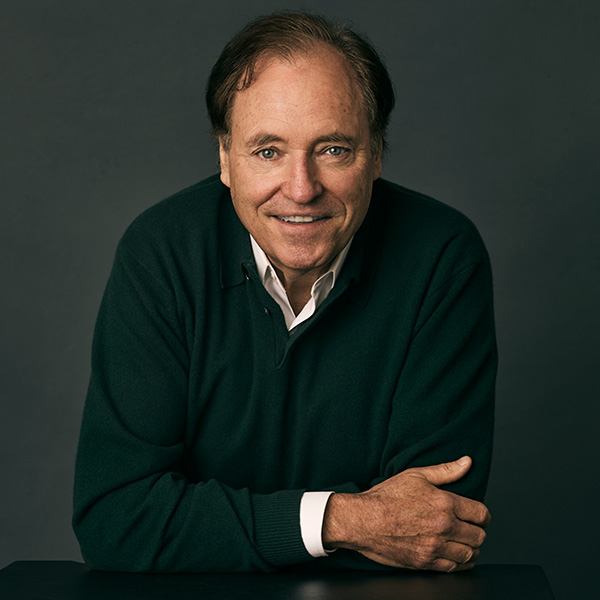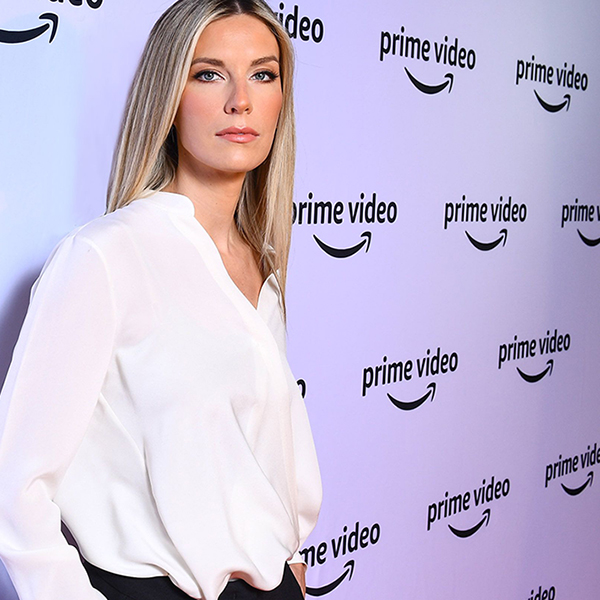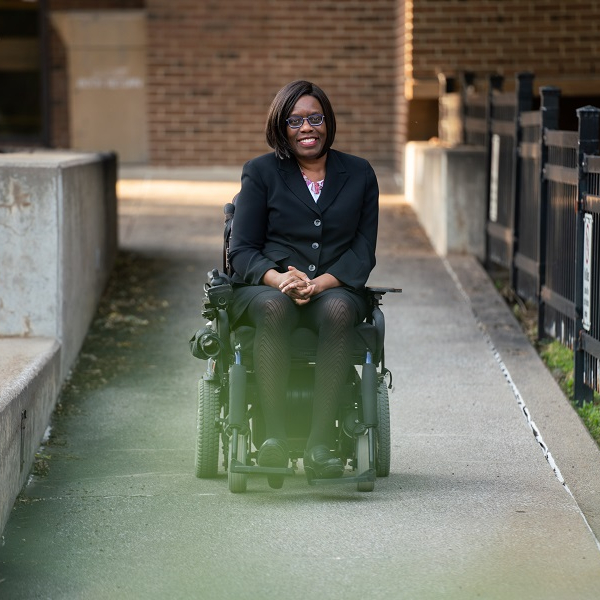Alanna Devine likes challenges – a point she makes more than once while reflecting on her career in animal advocacy and law.
“I wouldn’t be in this field if I didn’t,” says Devine, BCL/LLB’06.
For years, the McGill law grad was a familiar voice in media stories during her tenure at the Montreal SPCA, including as director of advocacy where she oversaw its animal cruelty investigations and pressed politicians for better animal protection.
She set up her own firm, Devine Animal Law, in July 2020, and works mainly with organizations that are focused on animal protection.
“I think it is gaining traction quickly,” Devine says of animal law. “We are seeing more and more lawyers, jurists, legal academics and law students interested in that field.”
It permeates many areas of law, she adds, from criminal law (animal cruelty prosecutions) and civil liability (veterinary malpractice, dog-bite cases), to family law (custody disputes involving pets) and constitutional law in the case of “ag-gag” laws. The latter essentially make it a crime to enter an agricultural facility under false pretenses, she says, noting they stop undercover investigations or whistleblowers.
While she had a dog growing up and still has one, Devine says: “I come at it from a pragmatic perspective of wanting to see the reduction of suffering of non-human animals in the world. And so it’s less about being an animal lover, per se, and more about wanting to do good in the world, and to see the reduction of suffering.”
A Montreal native, Devine earned her undergraduate degree in criminology at the University of Toronto. She was always interested in social justice issues and didn’t necessarily plan on pursuing a traditional career in law.
She credits Wendy Adams, an associate professor in McGill’s Faculty of Law, for helping her understand “the intersectionality between speciesism and the oppression of animals and other movements of oppression.” It resonated with Devine and “enabled me to basically work on animal law issues in every single one of my classes. I always found a way to write about animal law in papers.”
There was no course in animal law at the time at McGill, says Devine. Together with Adams, she created a seminar class. She also launched the student chapter of the Animal Legal Defense Fund at McGill with two other law students.
Devine takes satisfaction from getting animal law on the map at McGill. She now co-teaches animal law when the course is offered at McGill. She has worked with many law students over the years at the SPCA, in her own practice and in teaching. Whether or not they pursue a full-time career in the field, Devine knows they will take an interest in animals. “That to me, in creating that spark is something that I’m really proud of.”
Devine clerked for Justice Louise Charron at the Supreme Court of Canada after McGill and then went to the SPCA. “When it was clear that we wanted an advocacy department and that the SPCA’s cruelty investigations department needed a complete overhaul, I chose to take on that role and broaden and expand the organization’s advocacy work and also reinvigorate the way that investigations were done.”
A case that will always stick with her involved the first successful animal cruelty prosecution against a fur farmer in Canada, Devine says.
During her first few years on the job, puppy mills – large-scale commercial breeding facilities – were a big focus.
Disturbing allegations about the dogs’ living conditions invariably surfaced in the media following puppy mill raids. Were the raids the hardest part of the job? “Certainly being privy to animal suffering is never easy, but I had a job to do,” Devine says. “And I would say it’s more difficult to be able to see suffering and not be able to do something about it.”
She believes the SPCA had a large role in putting a stop to Quebec’s reputation as the puppy mill capital of North America. Which isn’t to say there isn’t still a problem, but “we don’t hear that reputation anymore and I would actually say right now there’s a large problem in Ontario with puppy mills, especially amidst the COVID crisis. Those are some files that I’m helping consult on.”
Based in Montreal, her work is primarily in Ontario. She provides legal advice, and also assistance regarding advocacy and political work. She has done some consulting work in the government realm. Litigation isn’t her focus now. “I really want to focus on bigger picture issues,” she says.
On her Twitter feed, Devine describes herself as “Animal lawyer by day, vegan baker/sweet maker by night.” The latter is now a small company – “Devine Sweets”.
“I develop the recipes and someone else bakes them, but I really enjoy baking so it is something that I do as a hobby that’s sort of developed into its own side business,” she says. Her peanut butter cups are available through Foodchain or Lufa Farms.
As for her day job, Devine says she feels proud and privileged “to have been able to work for over a decade on behalf of animals and help, in a variety of ways, to reduce their suffering as well as assist people and organizations that work to protect non-human animals.
“Every chance to make a difference, whether it be through legal work, advocacy or in discussing the choices we can make in our personal lives to help animals, is important to me.”


